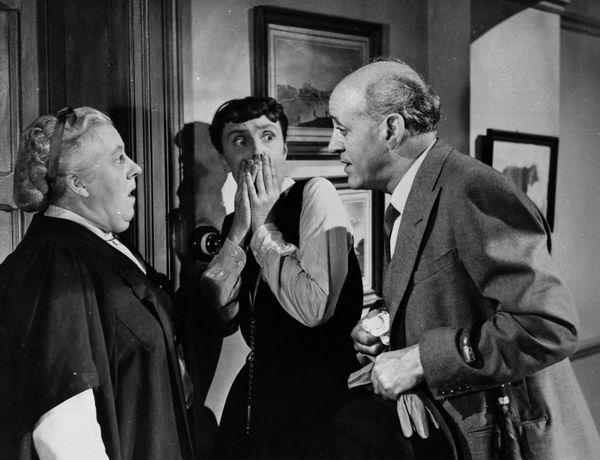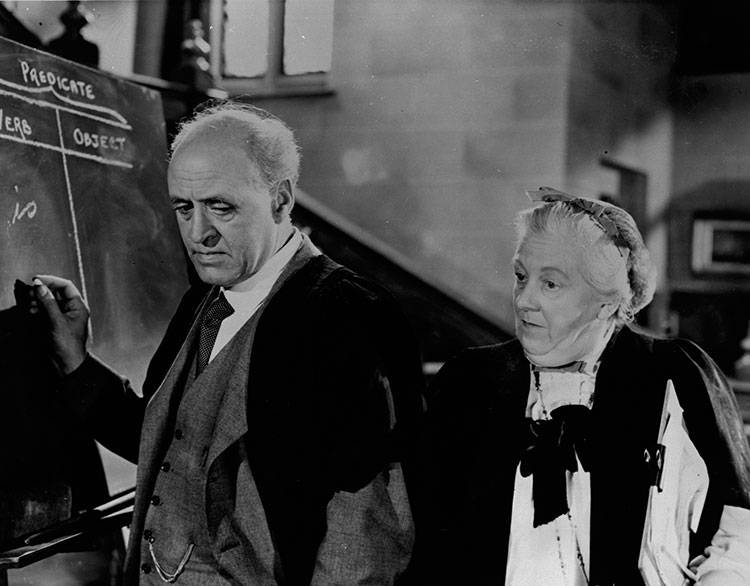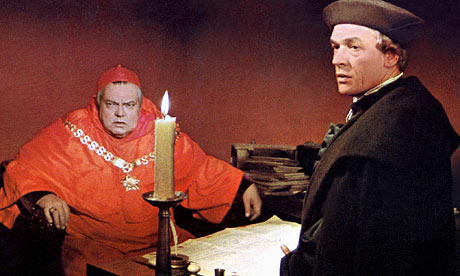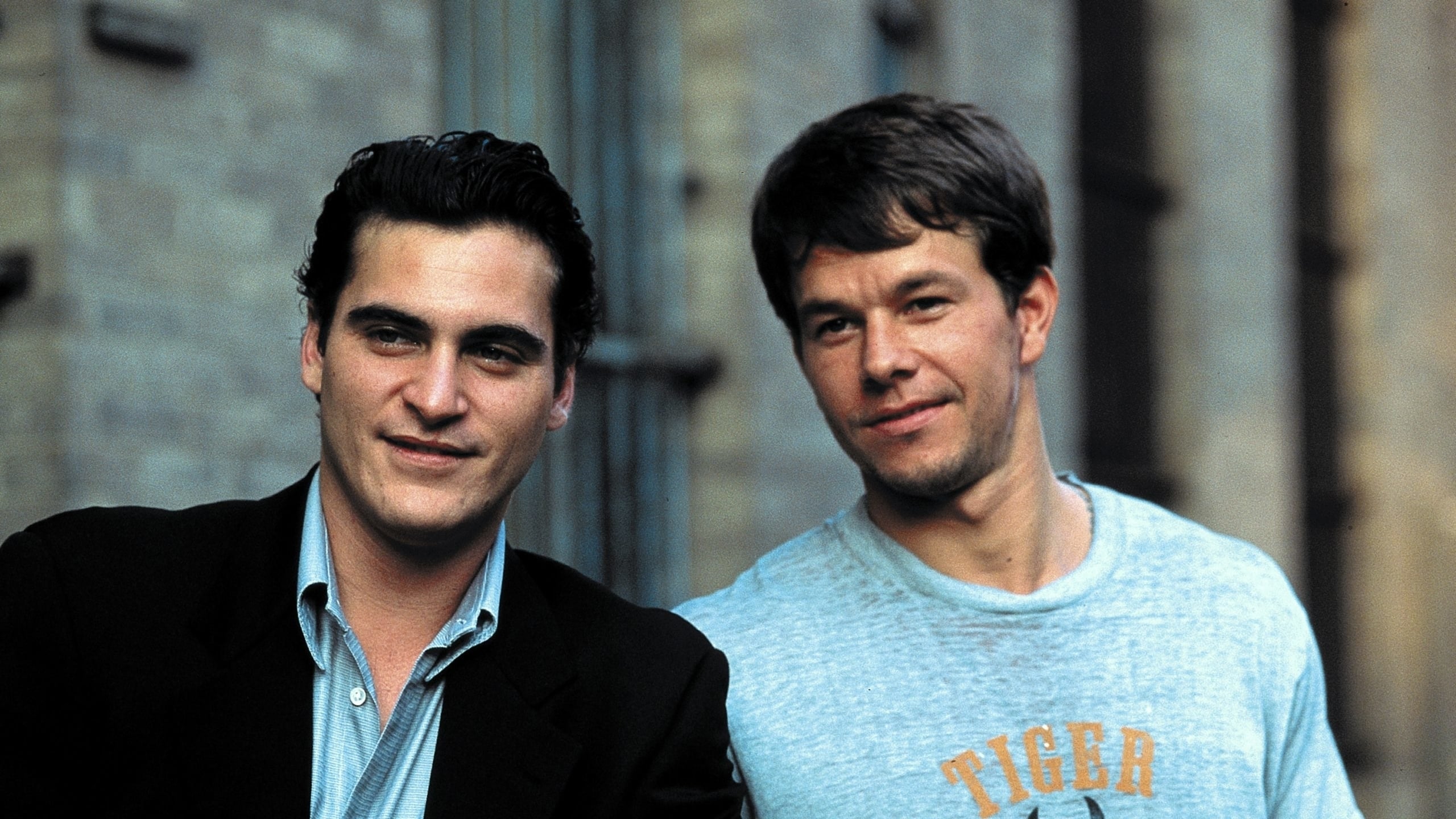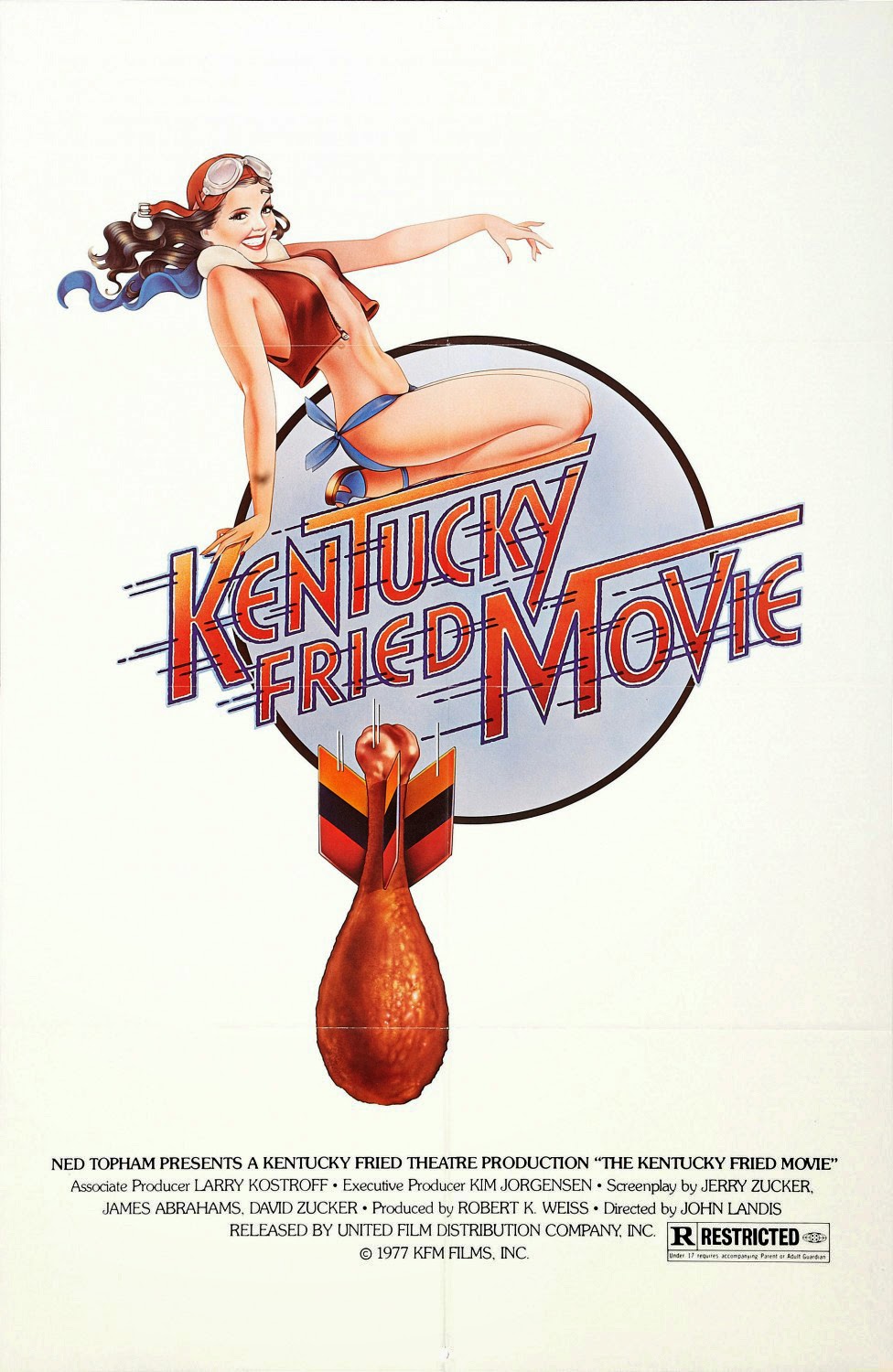 To the Bone
To the Bone, 2017
Ellen (Lily Collins) is a young woman who has spent years coping with severe anorexia. Having gone through multiple in-treatment experiences, she finally lands at a treatment house run by Doctor Beckham (Keanu Reeves). As she bonds with some of the other patients, including fellow anorexic Luke (Alex Sharp), Ellen struggles to find a reason to stop her way of living.
It is hard, often, when watching a film about any kind of addiction or mental illness to comment on the accuracy or insight of the story if you have not yourself experienced what the main character is going through. I have never struggled with anorexia, though several years ago while growing frustrated with food allergies I stumbled on a great solution: not eating. Food allergies, macros, calories . . . you don't have to worry about any of them if you aren't eating. I had a ton of energy. I felt giddy, and when I finished a workout, borderline euphoric. Now, this only lasted about a week. Partly because my family was like "You look terrible and you need to eat something." But mainly because what I was doing was clearly, laughably unsustainable. The idea of trying to live that way for months or years is mind-blowing to me.
My incomprehension is exactly what Ellen gets from almost everyone around her. What might on the surface seem like caring or well-meaning is instead oppressive. Everyone has a theory about her eating disorder: it's images in magazines, no, it's that she's actually gay, no, it's because her mother is gay and also struggles with mental health. And what really hurts is that Ellen herself doesn't quite seem to know what drives her need to count her calories or keep her arms thin enough to put her hand around.
The strength of the film is its cast. Reeves is solid as the sympathetic doctor, Retta is good as the live-in nurse who actively monitors the patients in the house. Leslie Bibb is on hand as a woman named Megan who, against all biological odds, is pregnant. Collins does a great job of portraying someone who feels frustration and guilt that only compound what she already is coping with.
I'm not entirely sure what to think about the way that the film approaches the idea of how someone might recover from an eating disorder. It is, in a word, oblique. On the one hand, I think that it would have felt cheap to suggest that Doctor Beckham taking Ellen to a few art exhibits and a few weeks of talk therapy would fix an ongoing problem. On the other hand, the film's route of Ellen having a sort of dream vision that sets her on the right path feels almost too . . . magical. That said, I kind of imagine that's how it goes for some people. Either something clicks or it doesn't.
I also had some mixed feelings about the budding romance of sorts between Ellen and Luke. On the one hand, the boisterous Luke is a nice counterpoint to Ellen's more dour manner. And it is nice to see an acknowledgement that men can be just as vulnerable to eating disorders are women. But the flip side is that I don't really love it when movies about people with mental health struggles suggest that they just need to find the right man. There are a lot of moments of Luke trying to cajole Ellen into eating that are meant to be cute, but sometimes come off as weirdly controlling.
Overall a good film with a stunning central performance from Lily Collins. Well worth checking out even if its central message seems a bit muddled at times.


 Check out my podcast:
Check out my podcast: 